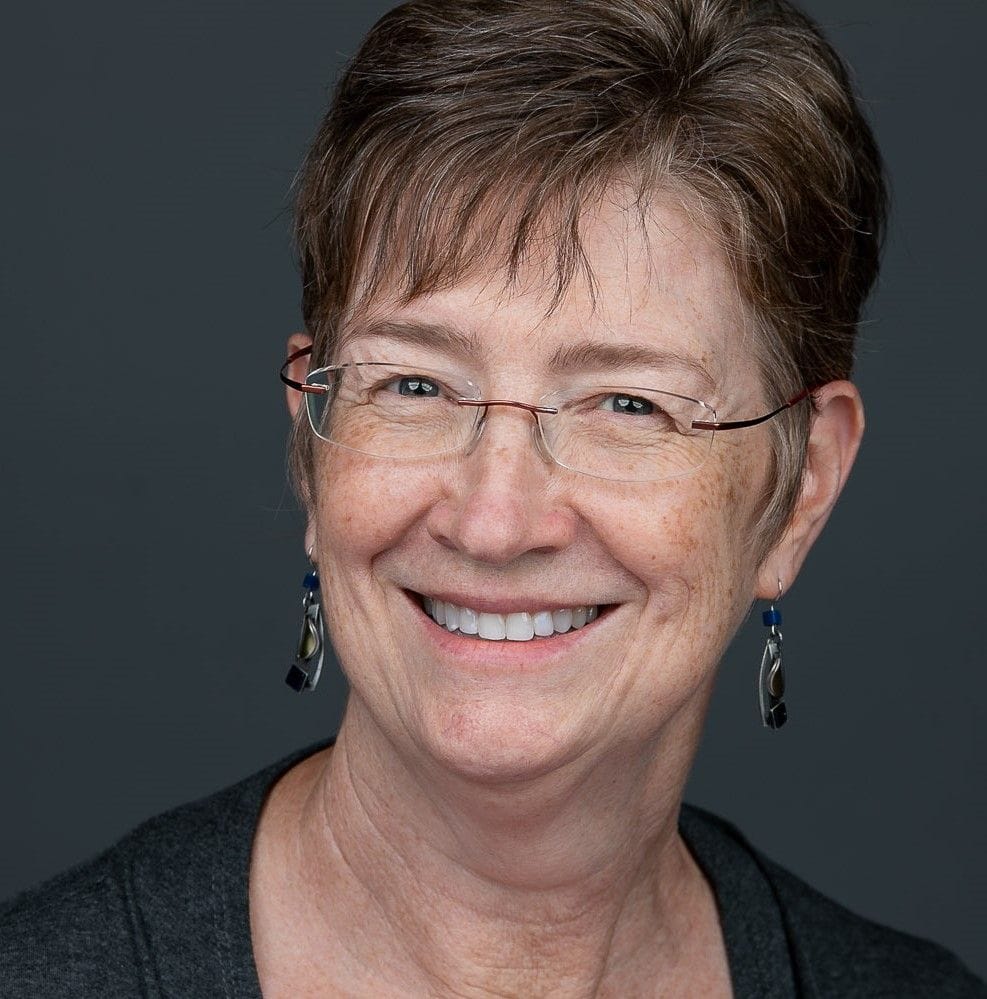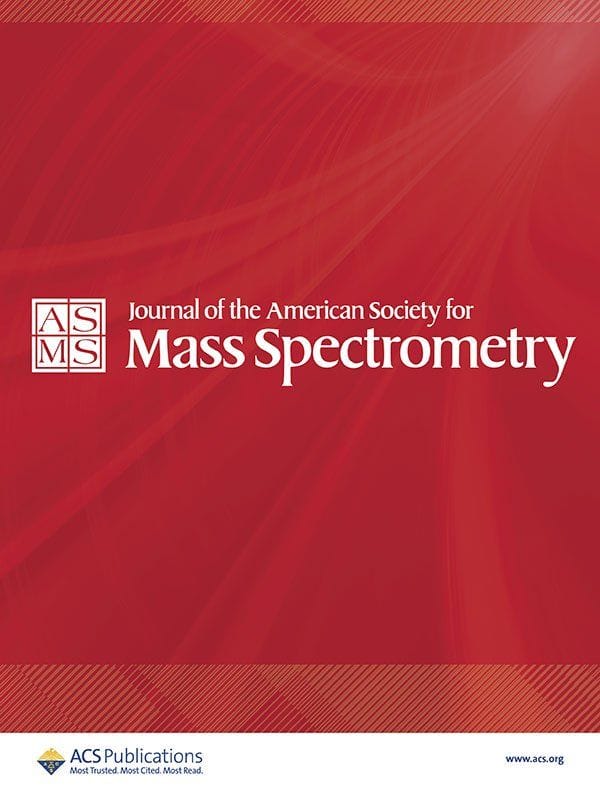ACS Publications is pleased to introduce Dr. Vicki H. Wysocki as the Editor-in-Chief of the Journal of the American Society for Mass Spectrometry (JASMS). Dr. Wysocki is the Ohio Eminent Scholar of Protein Engineering, Director of the Campus Chemical Instrument Center, and Professor in the Department of Chemistry and Biochemistry at the Ohio State University. […]


ACS Publications is pleased to introduce Dr. Vicki H. Wysocki as the Editor-in-Chief of the Journal of the American Society for Mass Spectrometry (JASMS). Dr. Wysocki is the Ohio Eminent Scholar of Protein Engineering, Director of the Campus Chemical Instrument Center, and Professor in the Department of Chemistry and Biochemistry at the Ohio State University.
Dr. Wysocki received her B.S. in Chemistry at Western Kentucky University in 1982 and her Ph.D. in Chemistry at Purdue University in 1987. After doing postdoctoral work at Purdue and at the Naval Research Laboratory, she joined Virginia Commonwealth University as an Assistant Professor in 1990. She was promoted to Associate Professor in 1994. Dr. Wysocki joined the University of Arizona in 1996 and was promoted to Professor in 2000. She also served as Chair of the Department of Chemistry and Biochemistry at Arizona. Vicki joined OSU in August 2012 as an Ohio Eminent Scholar.
She is the author of over 250 publications. She served as Vice President of Programs, President, and Past President of the American Society for Mass Spectrometry (2014-2020) and as an Associate Editor for Analytical Chemistry (2015-2022).
I had the pleasure of connecting with Dr. Wysocki in this recent interview. Learn more about her background in mass spectrometry, proteomics and metabolomics, her vision for the journal, and more below.
What initially attracted you to your field?
I had a great undergraduate organic chemistry instructor, Dr. Norman Holy, who held some special evening sessions on mass spectrometry for those in the class who wanted to learn this optional, supplemental information. That sparked my interest in mass spectrometry and when I moved to Purdue for graduate studies, I was able to join the group of R. Graham Cooks, who was (and continues to be) a wonderful creative champion for mass spectrometry. Graham was also a great mentor. He presented new ideas to the group regularly and if we thought a few of them were a little “off the wall” he told us that if he had 100 ideas a day and a few of them stuck, he would be ahead of those who had no or few new ideas. Mass spectrometry has continued to morph and grow throughout the years and continues to be a major area of innovative research.
Why did you want to be Editor-in-Chief of the Journal of the American Society for Mass Spectrometry?
What are you most excited about as you begin work with the Journal of the American Society for Mass Spectrometry?
I believe that JASMS is the pre-eminent journal of mass spectrometry. I hope we can increase the number of submissions to the journal, partially by breaking down some submission barriers that may exist. There are some outdated opinions that JASMS doesn’t publish certain types of manuscripts, so we are revising our scope statement to make the scope clearer. I’d also like to ensure that different subtopics/sub-communities of the society feel welcome to publish in what is their society journal. I also want to encourage authors to submit to an archive service such as ChemRxiv prior to submitting to the journal – ACS is looking into ways to make this easier. The journal has always had a goal of making mass spectrometry research broadly accessible and submitting manuscripts through ChemRxiv is one way to achieve that goal.
What advice would you give people who want to pursue a career in science? If you had to start over again, what advice would you give yourself?
A career in science can be very rewarding. If you love discovery and you love working collaboratively with others, scientific research is a way to contribute to the world while also keeping yourself engaged in stimulating mental activity. Not every minute is fun, but the rewards far outweigh the chores. Each person has to choose those aspects of the scientific process that meet their individual needs and goals. I absolutely could not do the research and teaching that I do without exceptionally strong staff members who help with everything from ordering supplies to arranging travel to preparing reports, etc. Those committed staff are contributing to scientific progress with their outstanding administrative skills. Working with students, postdocs, staff scientists, and collaborators allows many different types of expertise/ideas/viewpoints/technologies to be incorporated into a scientific investigation. Bringing all of that together into a completed manuscript is a joy.
If I were starting over, I would tell myself to trust my strengths. I spent too much time when I was younger with some “imposter syndrome” issues, wondering if people would figure out that maybe I really didn’t know as much as my peers. Over time, I learned that I might not know as much about some topic X as another person, but they probably didn’t know as much as I knew about topic Y. It took me longer than it should have to understand that my contributions were valuable and that I did not have to be an expert in all the components of collaborative effort.
Explore Dr. Wysocki’s recent work in the journal today.
Learn more about the Journal of the American Society for Mass Spectrometry.
